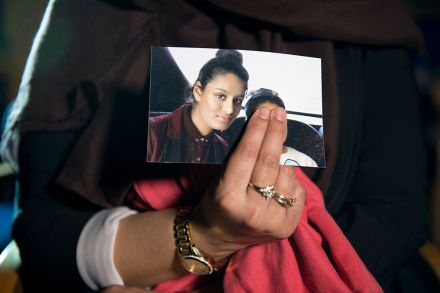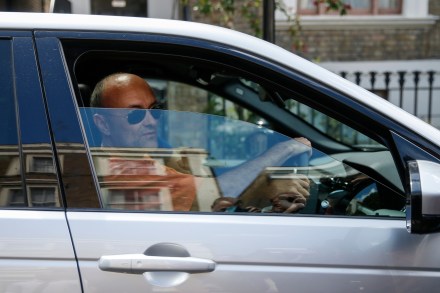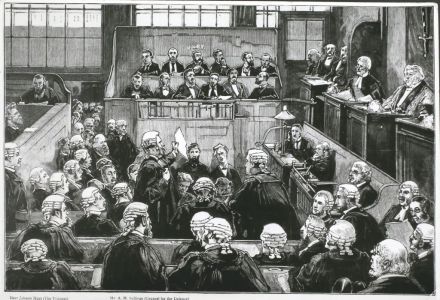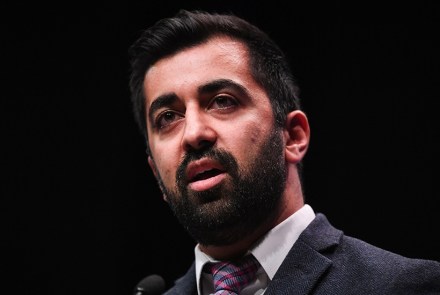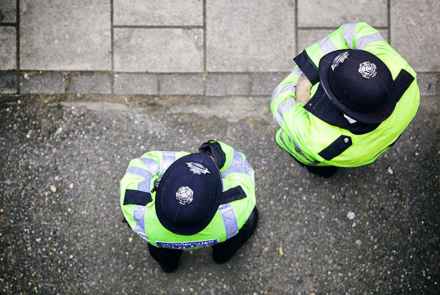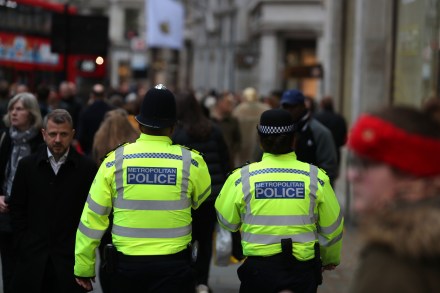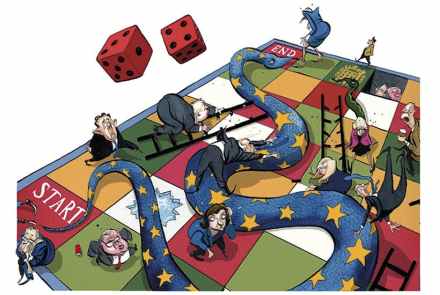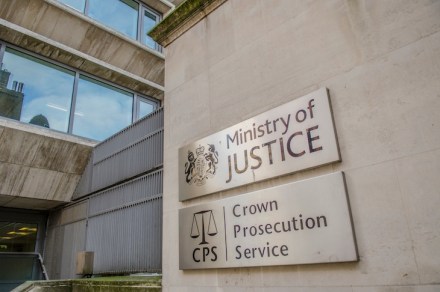The Begum Appeal is a fundamental error of logic
There has been an emotional response to the case of Shamima Begum, quite rightly. It is not clear to me that lawyers are better equipped than politicians to navigate such emotions, but sadly we live in an age which is increasingly demanding legal answers to political questions. What is perhaps surprising is that, with uncharacteristic vigour, our Court of Appeal have jumped headfirst into the maelstrom. The Special Immigration Appeals Commission (SIAC) – created to consider cases like these – found against Ms Begum in February, which seemed largely uncontroversial at the time. But the latest decision was made by three Court of Appeal Judges, who turned their minds to two questions:
